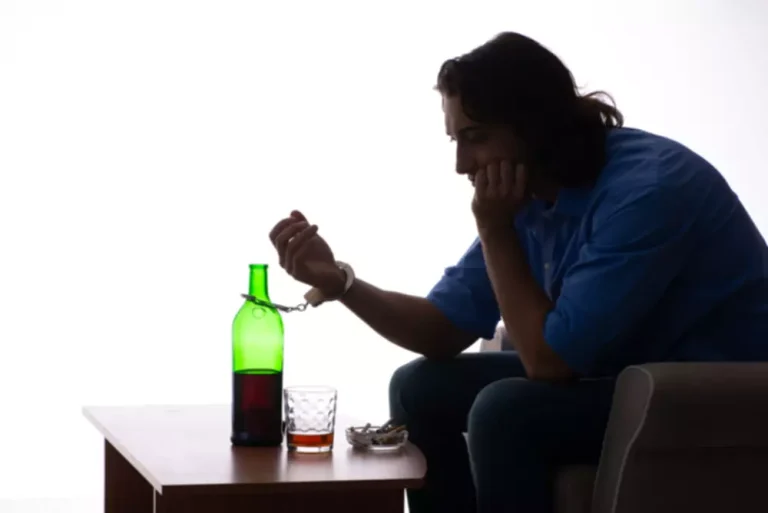
These models will typically begin with planning sessions, rehearsals, performing the actual intervention, and then following up on the effects/outcome of the intervention. Interventions can be performed without professional help, but this is not advisable. When considering an intervention to help a loved one struggling with drug or alcohol addiction, there are some important steps that can guide the process. You can increase the likelihood of success by hiring a trained alcohol interventionist or addiction counselor to aid you in the process.
Connect with NIMH
- Sponsors help new members work on the 12 steps toward sobriety and offer accountability.
- Preparing and anticipating questions will help you make the most of your appointment time.
- Specialists can draw on their experience to help you understand common reactions, as well as how you should respond to them.
- They also assist in planning the intervention and choosing the best treatment options.
- Hiring a professional interventionist can make the steps of an alcohol intervention more manageable and set everyone up for success.
- Talking to your loved one, who engages in unhealthy or hazardous drinking can be extremely effective and constructive if done tactfully, with compassion, and with the proper tools.
Alcoholism is a common and different term for alcohol use disorder. Milder cases — when people abuse alcohol but aren’t dependent on it — are as well. Trying to tough it out on your own can be like trying to cure appendicitis with cheerful thoughts. How the goal is presented can play a significant role in how it’s perceived.

What outcome can we expect from brief interventions?
- Many families still believe that they have to wait for an alcoholic to hit bottom before there is any hope of recovery.
- With alcohol addiction, the process of getting your loved one into treatment is even more challenging than normal.
- Focus on the emotional, physical, personal and professional problems that have occurred due to their excessive drinking habits.
- The behaviors can occur when the loved one has said no to the intervention and has held out for a long enough time, or the family dysfunction can’t repair itself and defaults to its previous state.
If you or a loved one are seeking recovery services that accept your medical insurance, reach out to Infinite Recovery today. It offers round-the-clock medical and emotional support and enables https://ecosoberhouse.com/ patients to focus solely on their recovery. The immersive nature of such programs often proves beneficial in breaking destructive patterns and establishing new, healthier habits.
Things to Avoid at an Intervention
In our S.A.F.E.® curriculum, we communicate with your loved ones’ treatment team while working with your family. In doing so, we can hear both sides of what your loved one is telling the treatment center and what they are telling you. Being able to do this significantly reduces your loved one’s ability to leave treatment against medical, clinical, or staff advice and exposes discrepancies in your loved one’s behavior. Sometimes, someone tries to leave treatment against medical advice at the thirty-day mark.
Review it in advance and read it to the person with substance use disorder during the intervention. This step includes helping your loved one find how to do an intervention for an alcoholic treatment and preparing for what happens during and after treatment. You’ll need to research the intervention process and the nature of addiction.

Steps to Plan an Intervention

AAC is recognized as a leading provider of alcohol detox and rehab. Some of our AAC facilities offer same-day admissions, depending on various factors, such as the person’s willingness to get help and the capacity of our treatment centers. At each of AAC’s treatment centers, a caring and compassionate addiction treatment team develops an individualized treatment plan for your loved one based on their needs.
How Do Alcohol Abuse Interventions Work?
